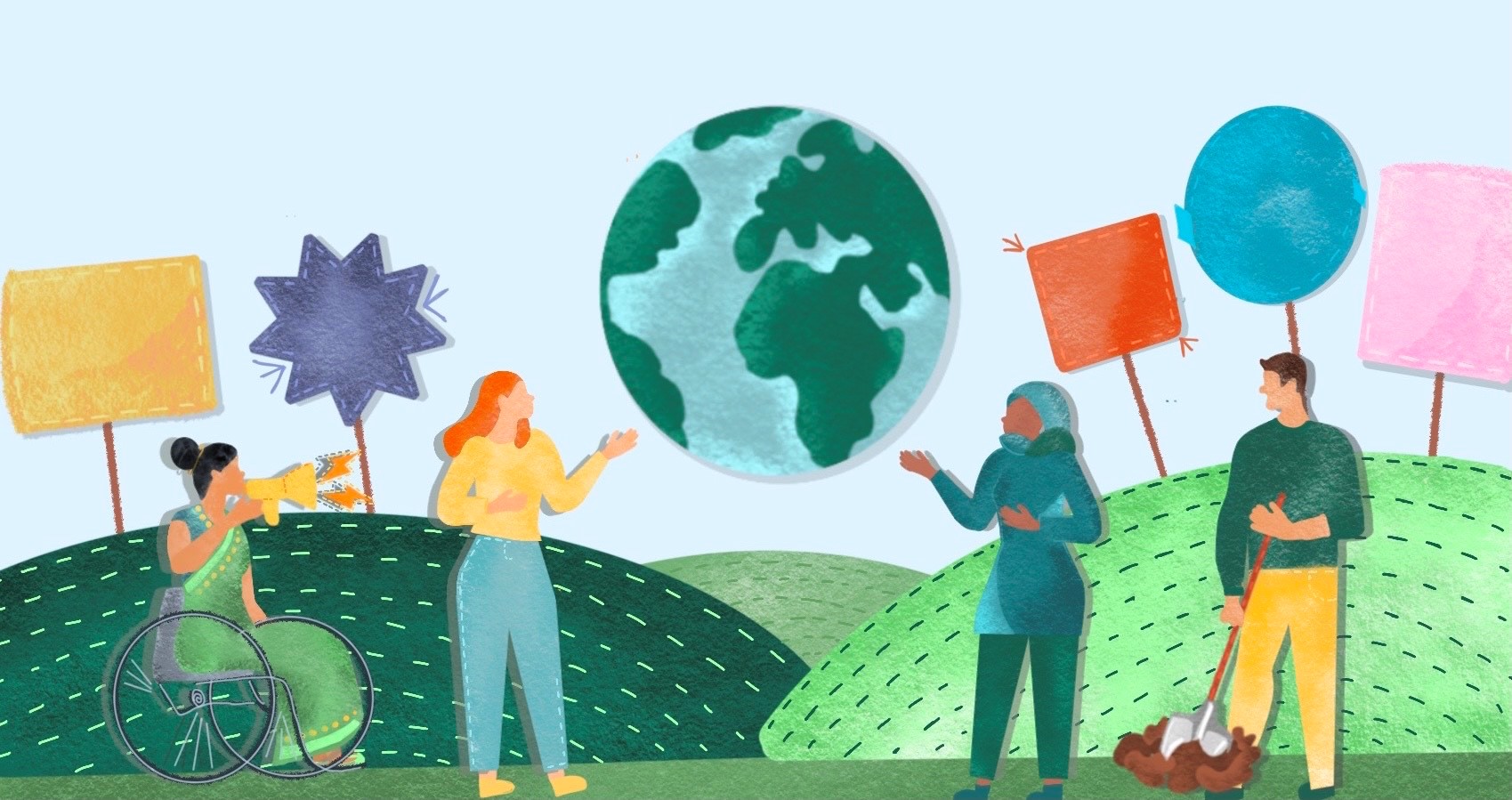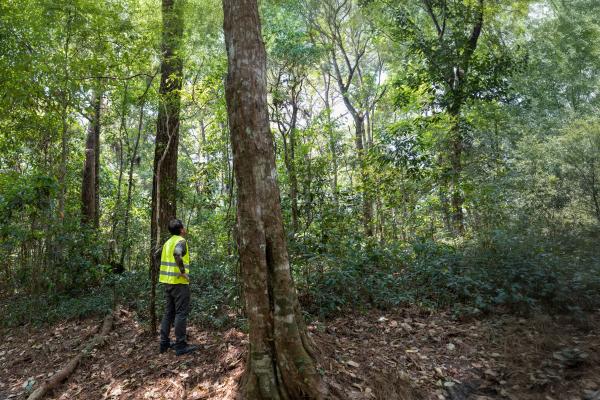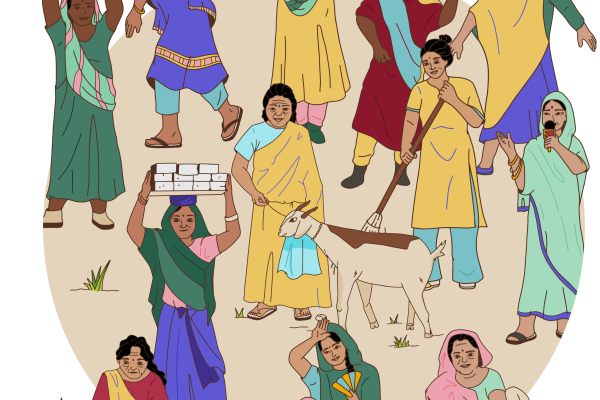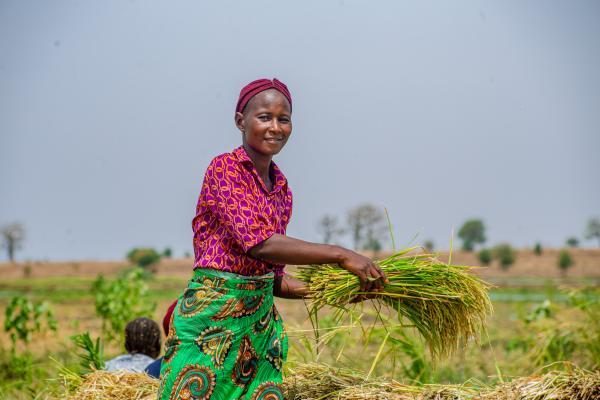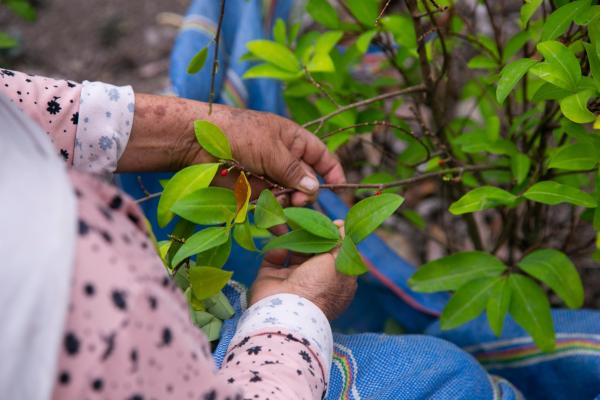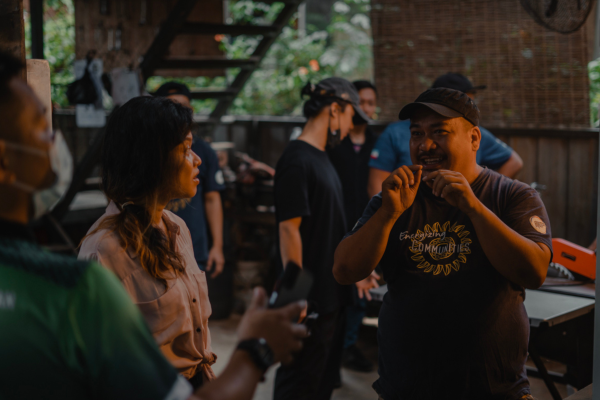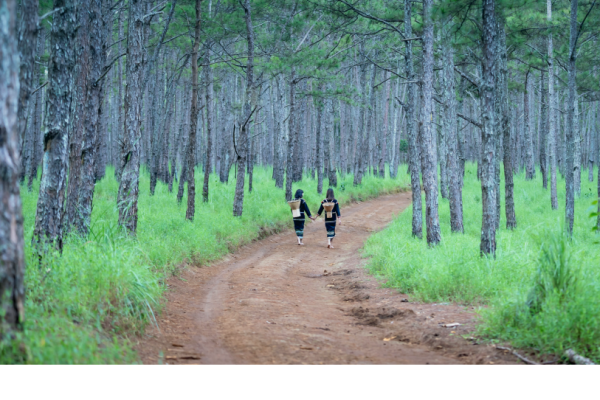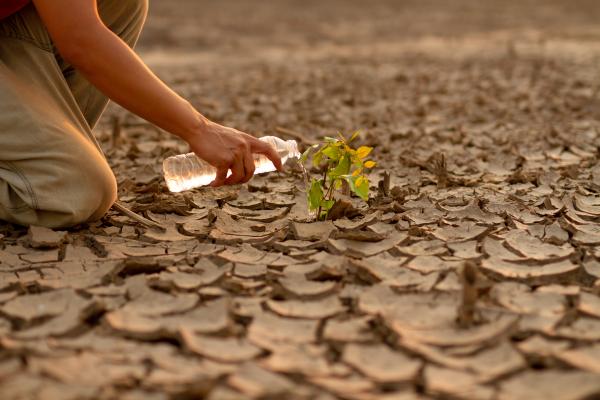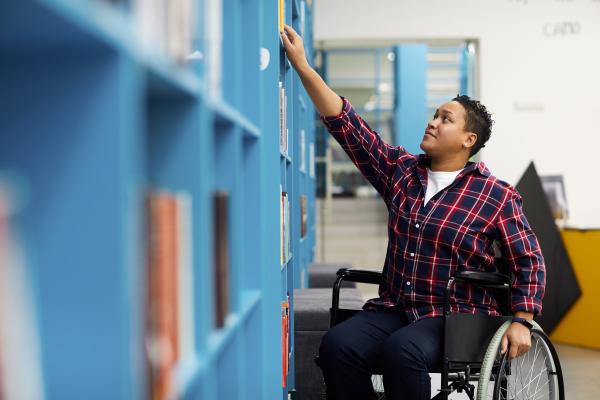Learning Brief for Climate Actors: Integrating Attention to Gender- Based Violence in Climate Action in Asia and the Pacific
This learning brief introduces climate and disaster risk reduction (DRR) actors to the importance of addressing the connections between GBV and climate change to facilitate more effective and comprehensive climate action in the Asia-Pacific region. It begins with an overview of evidence of how climate change, manifested through both sudden onset disasters (e.g., cyclones, floods) and slow-onset events (e.g. drought) can lead to increased risks of GBV for women and girls, and how, in turn, this creates barriers to climate resilience.
